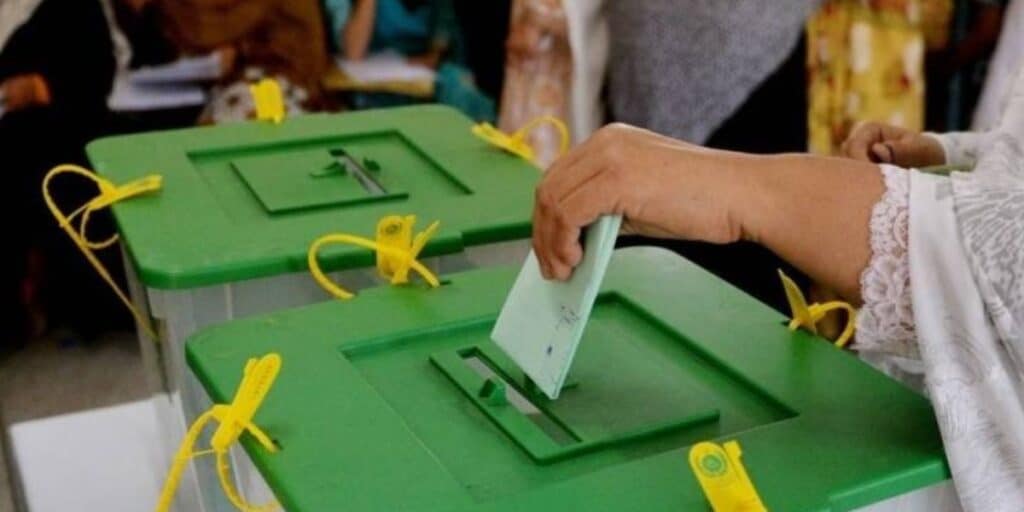QUETTA: A significant All-Parties Conference (APC), hosted by the Jamiat Ulema-e-Islam (JUI) at its Quetta office, has issued a stern warning that the upcoming local body elections risk being held under an atmosphere of “fear and threats,” potentially undermining their transparency and credibility.
The conference, which brought together various political factions, expressed deep apprehension that the elections could be conducted under the shadow of Section 144, a law that prohibits public gatherings. Participants unanimously declared that any attempt to conduct the polls based on the controversial “Form 47″—a document often associated with disputed election results—would be outright rejected by the political parties.
In a decisive move to address these electoral concerns and pressing civic issues, the APC announced the formation of a joint committee comprising representatives from the participating parties. This committee has been tasked with a dual mandate: to engage with the Governor, Chief Minister, Chief Secretary, and the Election Commission to demand a fair and free electoral environment, and to simultaneously address the severe public grievances plaguing the city, including chronic load-shedding, acute water shortages, and a deteriorating law and order situation.
The conference also strongly condemned the recent arrests of local leaders from the Pakistan Tehreek-e-Insaf (PTI), characterizing the actions as a blatant attempt to suppress legitimate political activity. The APC warned that holding elections in such a coercive environment would cast serious doubts on the legitimacy of the entire process. The newly formed committee is set to hold further high-level consultations to press for their demands and ensure the people’s right to a transparent and unimpeded democratic exercise.
Meanwhile the Anti-Corruption Department Balochistan has unearthed a major corruption scandal in the construction project of Dasht Shahbaz Gour College in Panjgur, leading to the arrest of a key contractor. The operation was launched in the Makran Division on the special instructions of the Director General of the Anti-Corruption Department.





